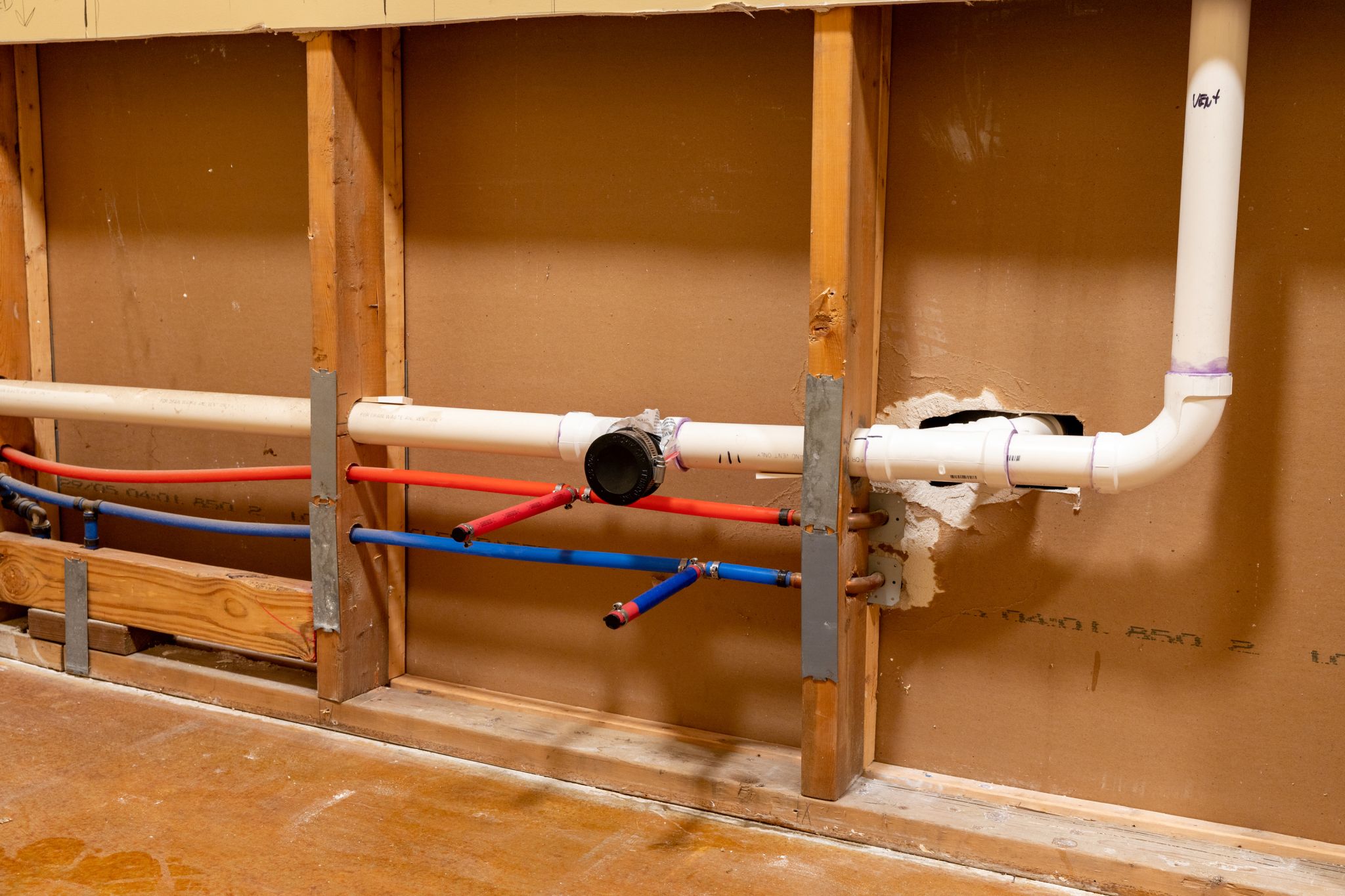Nothing lasts forever, including the plumbing pipes in your home. Fortunately, most pipe materials perform well for decades. But when they reach the end of that lifespan, pipes may start to leak.
To prevent leaks, use the table below to determine if your home’s plumbing lifespan is adequate or if water pipes are bursting for attention.
To prevent health hazards, check for lead pipes.
Know Your Pipes
Review the home inspection report you got when you bought your home to see what kind of pipes you have — or hire a licensed plumber to inspect your plumbing system. Expect to pay $45 to $200 for a plumber’s service call.
Your Plumbing Lifespan
|
Supply pipes (under constant pressure and therefore most likely to cause water damange when they leak) |
Brass Copper Galvanized Steel | 40–70 yrs 50–0 yrs 20–50 yrs |
|
Drain lines |
Cast iron Polyvinyl chloride (known as PVC) | 75–100 yrs Over 100 yrs |
The age of your pipes doesn’t necessarily mean they need to be replaced. Well-maintained pipes may last longer, and ones that are poorly maintained or in areas with hard water (meaning mineral content is high), may fail sooner.
Check for Polybutylene
Polybutylene piping — a gray, plastic plumbing material used from the 1970s through the 1990s — is extremely prone to breakage. It’s commonly found in homes in the Sun Belt, the Mid-Atlantic states, and the Pacific Northwest.
If you suspect your home has polybutylene pipes, hire a plumber to inspect the system immediately. You can't assess their condition with a simple visual check, because the exterior of the pipes may appear fine. Chlorinated water causes these pipes to flake from the inside out, which ultimately causes the pipes to fail without warning.
Get the Lead Out
Lead pipes, used in the early 1900s, have a life expectancy of 100 years, but they can leach lead into your drinking water, a potential health hazard. Lead pipes are typically dull gray and the surface of the pipe can be easily scratched with a knife or key.
If you suspect your home has lead water pipes, have the water tested. If results show the lead content at 15 parts per billion (15 ppb) or more, hire a professional plumber to replace the lead pipes.
